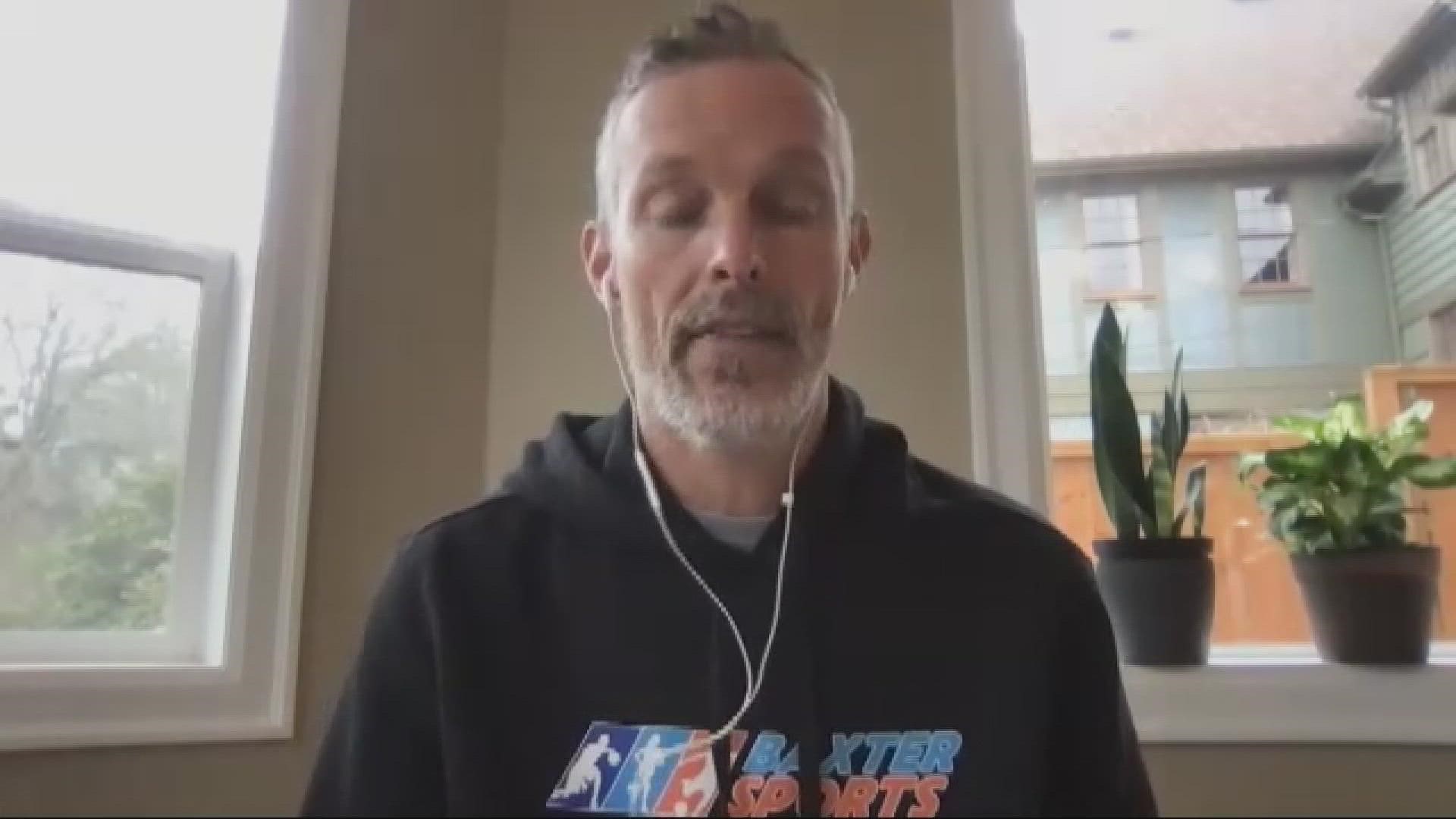PORTLAND, Ore. — Fellow Olympians and fans rallied around alpine skier Mikaela Shiffrin after she was disqualified from two of her best events in the 2022 Beijing Games.
Shiffrin, a two-time Olympic gold medalist, was disqualified in seconds from the giant slalom and the slalom because she missed a gate in both events.
“I’ve never been in this position before,” she said in an interview after her slalom disqualification, “and I don’t know how to handle it.”
The back-to-back upsets have opened up yet another conversation about the mental battle that high-level athletes often face.
Three-time Olympic gold medalist swimmer Carrie Bates knows the pressure. Now a resident of Oregon, Bates won her medals at the 1984 Summer Olympics in Los Angeles.
"It makes me sad to hear the negative commentary in the country of her not being able to stand up to the pressure, that she broke under pressure. These things are just not realistic to say," Bates said.
Last year, Shiffrin said that she thought she may never ski again after the sudden death of her father, Jeff, who passed away two years ago from a severe head injury after an accident at the family's Colorado home.
Other athletes like gymnast Simon Biles, tennis player Naomi Osaka and snowboarder Chloe Kim have also opened up about their mental health struggles.
"It's unfair to be expected to be perfect, and I'm not perfect in any way. But I think after my last Olympics, I put that pressure on myself to be perfect at all times and that would cause a lot of issues at home," Kim said in an interview after winning her second Olympic gold medal in the women's halfpipe. "I would be really sad and depressed all the time when I was home and that's not something...I was hurting the people I love the most by doing that."
As for Bates, she's struggled with substance abuse after not making the 1988 Olympic swim team.
"Stigma towards mental health and substance abuse disorder are the very thing that prevents people from getting help, because they don't want the stigma of being an addict or an alcoholic or someone that suffers with their mental health," Bates said.
Brian Baxter is a mental health performance coach and director of Amplify Sports Psychology in Portland. He said athletes should live in the moment and focus only on what they can control.
"What we find most helpful in sports psychology is really to have a good balance," Baxter said. "Have some mindfulness training and stay present in the moment and really focus on what's important at the time."
Baxter said athletes should limit their social media during high-pressure events.
"Don't look at your Twitter feed, don't read the comment section, have a support system behind your back that can tell you no, don't do this and yes do this." Baxter said.

